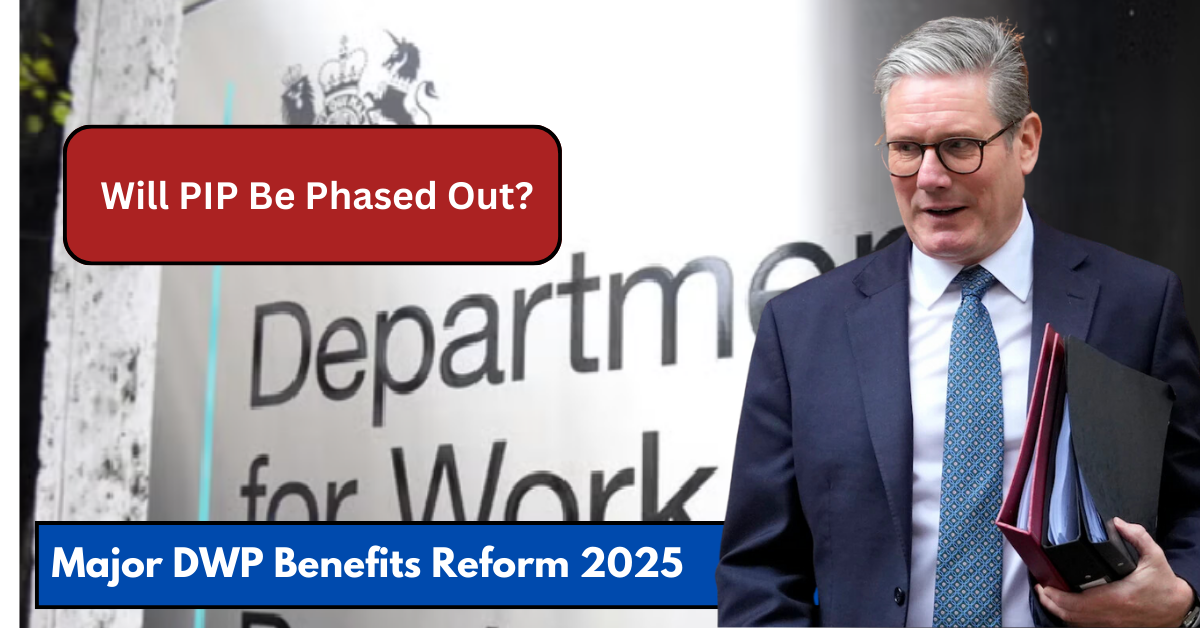The UK welfare system is undergoing a significant transformation under the Department for Work and Pensions (DWP). This change, expected to be completed by December 2025, aims to replace older benefits with Universal Credit (UC). However, Personal Independence Payment (PIP), which supports individuals with disabilities or long-term health conditions, will remain separate from UC. Here’s what you need to know about these changes.
What is Universal Credit?
Universal Credit is a single monthly payment designed to replace multiple legacy benefits. It covers various financial needs, such as housing costs, unemployment, and basic income support. The primary goal of UC is to simplify the benefits system, making it easier for claimants to manage their finances.
Benefits Replaced by Universal Credit

The following legacy benefits are being phased out and replaced by UC:
- Income-Based Jobseeker’s Allowance (JSA)
- Income-Related Employment and Support Allowance (ESA)
- Working Tax Credit
- Child Tax Credit
- Income Support
- Housing Benefit
What is Personal Independence Payment (PIP)?
PIP is a disability benefit designed to help people with the additional costs of living with long-term health conditions or disabilities. It is separate from income-based benefits like UC. PIP provides financial support based on the claimant’s specific health needs, not their income or employment status.
Key Features of PIP:
- Two Components: Daily Living and Mobility
- Payment Frequency: Every four weeks
- Rates: £28.70 to £108.55 per week, depending on eligibility
Will PIP Be Merged with Universal Credit?

The simple answer is no. PIP will not be included in the migration to UC. The DWP has clarified that PIP will remain unchanged and continue to provide targeted support to those with disabilities or long-term health conditions.
Why is PIP Separate from UC?
The separation of PIP from UC is deliberate due to its unique purpose. PIP focuses on:
- Targeted Disability Support: Helping with costs related to health conditions and disabilities.
- Non-Income Basis: Eligibility is determined by health needs, not income or employment status.
How the Migration to UC Affects Claimants
The transition to Universal Credit is called “managed migration.” Here’s what claimants need to know:
- Notifications: Legacy benefit recipients will be informed about the transition process.
- Support Available: Claimants can seek guidance during the migration period.
- Deadline: The transition will conclude by December 2025.
What PIP Claimants Should Know

If you currently receive PIP, rest assured:
- Your benefits will remain unchanged.
- Payments will not be integrated into UC.
- Eligibility criteria for PIP will stay the same.
Conclusion
The shift to Universal Credit is a monumental change aimed at streamlining welfare benefits for millions in the UK. However, the decision to keep PIP separate ensures that those who need specific support for disabilities continue to receive it without disruption. As the DWP moves forward with these reforms, claimants can rely on clear communication and assistance to navigate the transition.
This article has been carefully fact-checked by our editorial team to ensure accuracy and eliminate any misleading information. We are committed to maintaining the highest standards of integrity in our content.
Premlata is a seasoned finance writer with a keen eye for unraveling complex global financial systems. From government benefits to energy rebates and recruitment trends, she empowers readers with actionable insights and clarity. When she’s not crafting impactful articles, you can find her sharing her expertise on LinkedIn or connecting via email at biswaspremlata@gmail.com.









